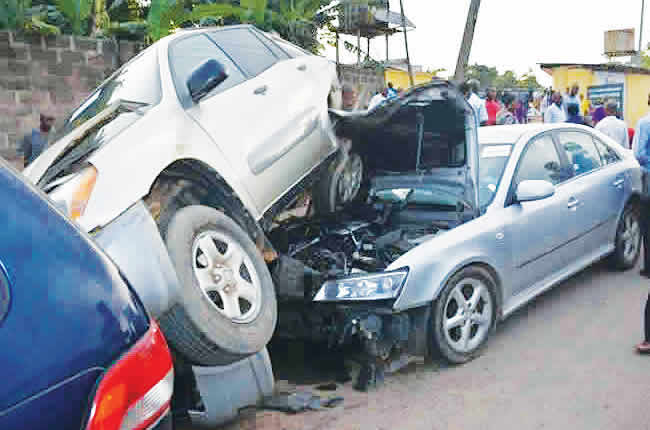Accidents are tragic events that can occur at any time to anyone. They can cause financial losses, physical injuries, and emotional trauma to the sufferers and their families. In India, road accidents are one of the leading causes of death and disability, with more than 1.5 lakh people losing their lives and 4.5 lakh people getting injured yearly.
If you are involved in an accident, you may face legal or financial consequences for the damages caused to another person or their property. That is where third-party insurance comes in handy. Third-party coverage is a policy that covers the liabilities arising from a mishap involving your vehicle and a third party. It is obligatory for every vehicle owner in India, as per the 1988 Motor Vehicles Act, to have an active third-party insurance policy.
What is Third Party Insurance?
Third-party insurance is a policy that protects you against legal or accidental liability, financial loss, or damage to property caused by your vehicle to a third party. A third party is anyone who is not the policyholder or the insurer. They are pedestrians, another driver, a passenger, or a property owner.
It is worth mentioning that this insurance does not cover any damages to your own vehicle or injuries to yourself in case of an accident. For that, you must buy a comprehensive insurance policy covering both third-party liability and own damage.
Third-party insurance is also known as liability-only insurance or act-only insurance. It is the most basic and cheapest form of car insurance available in India.
Understanding Third-Party Insurance Premium
The Insurance Regulatory and Development Authority of India decides the premium for third-party liability car insurance online based on the cubic capacity of the vehicle’s engine. The updated rates for private cars are as follows:
| Engine Capacity | Premium |
| Less than 1,000 cc | Rs 2,094 |
| Between 1,000 cc and 1,500 cc | Rs 3,416 |
| More than 1,500 cc | Rs 7,897 |
Similarly, the engine capacity is the determinant for the premium rates for two-wheelers and ranges from Rs 538 to Rs 2,804.
How Does Third-Party Insurance Work?
Under a third-party insurance policy, the insurer pays for the compensation claimed by the third party in case of an accident involving your vehicle. The compensation amount depends on the extent of damage, injury, or death caused by your car to the third party.
The Motor Accident Claims Tribunal (MACT), a special court that deals with motor accident cases, decides the compensation amount. The MACT considers factors such as age, income, profession, and dependency of the third party while determining the compensation amount.
The maximum compensation amount for third-party property damage is Rs 7.5 lakh. There is no limit to compensation amount for third-party injury or death.
How to Claim Third-Party Insurance?
If you are involved in an accident with a third party, you need to follow these steps to claim your third-party insurance —
- Step 1: Notify your insurer about the accident as soon as possible. Provide them with all the details such as date, time, place, nature, and extent of damage.
- Step 2: File an FIR with the nearest police station and obtain a copy of it. The FIR should mention the details of the accident, the parties involved, and the witnesses, if any.
- Step 3: Approach the MACT with all the relevant documents such as FIR copy, insurance policy copy, driving license copy, registration certificate copy, medical bills, repair bills, etc. You need to file an application for claiming compensation from the third party within six months from the date of the accident.
- Step 4: The MACT will summon both parties and hear their arguments. The MACT will appoint a surveyor to assess the damage and verify the claim amount.
- Step 5: After hearing both sides and examining the evidence, the MACT will pass an order for awarding compensation to the third party. The insurer will pay the compensation to the third party on your behalf.
Conclusion
Third-party car insurance is a vital and mandatory insurance cover that every vehicle owner in India should have. It shields you from the legal and financial ramifications of a collision involving your car and a third party. It also gives you and your family peace of mind and security. However, third-party insurance alone does not cover all the risks and damages associated with your vehicle. Consider buying a comprehensive insurance policy covering third-party liability and own damage. A comprehensive car insurance policy will provide complete protection and coverage for your car.



